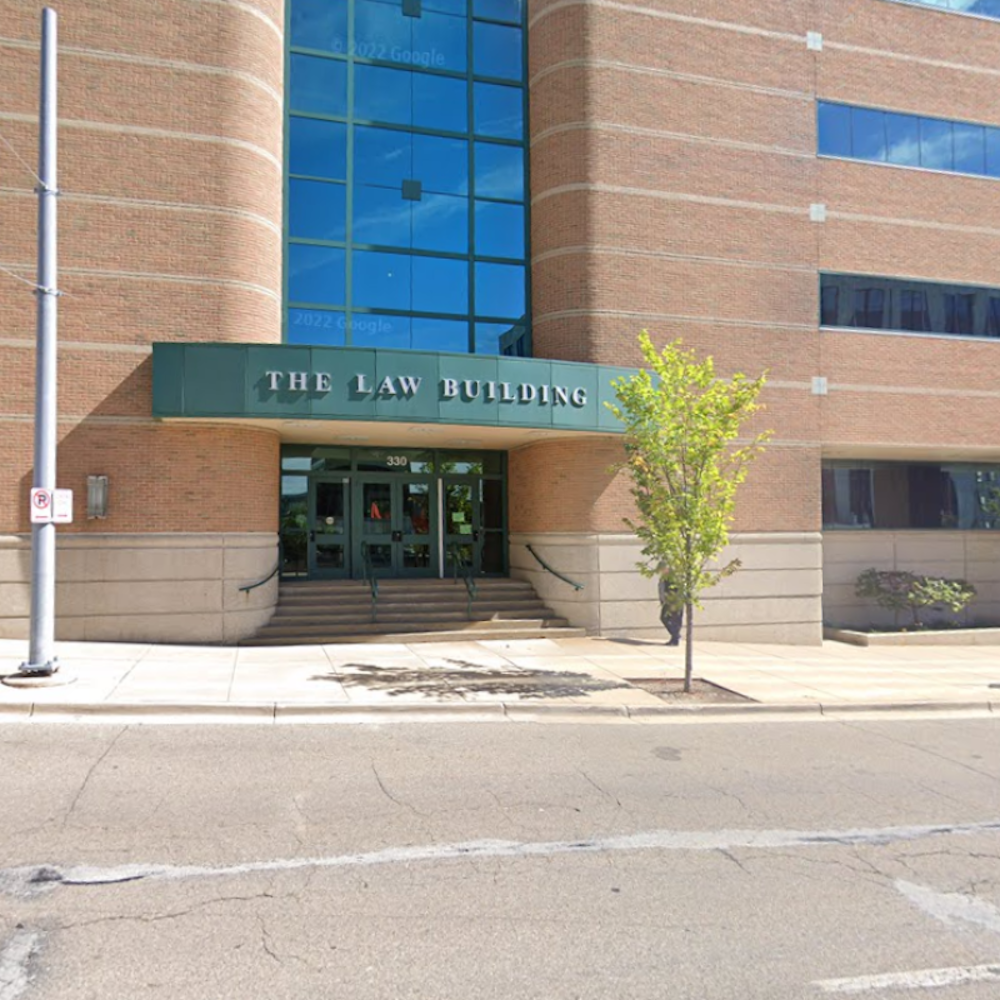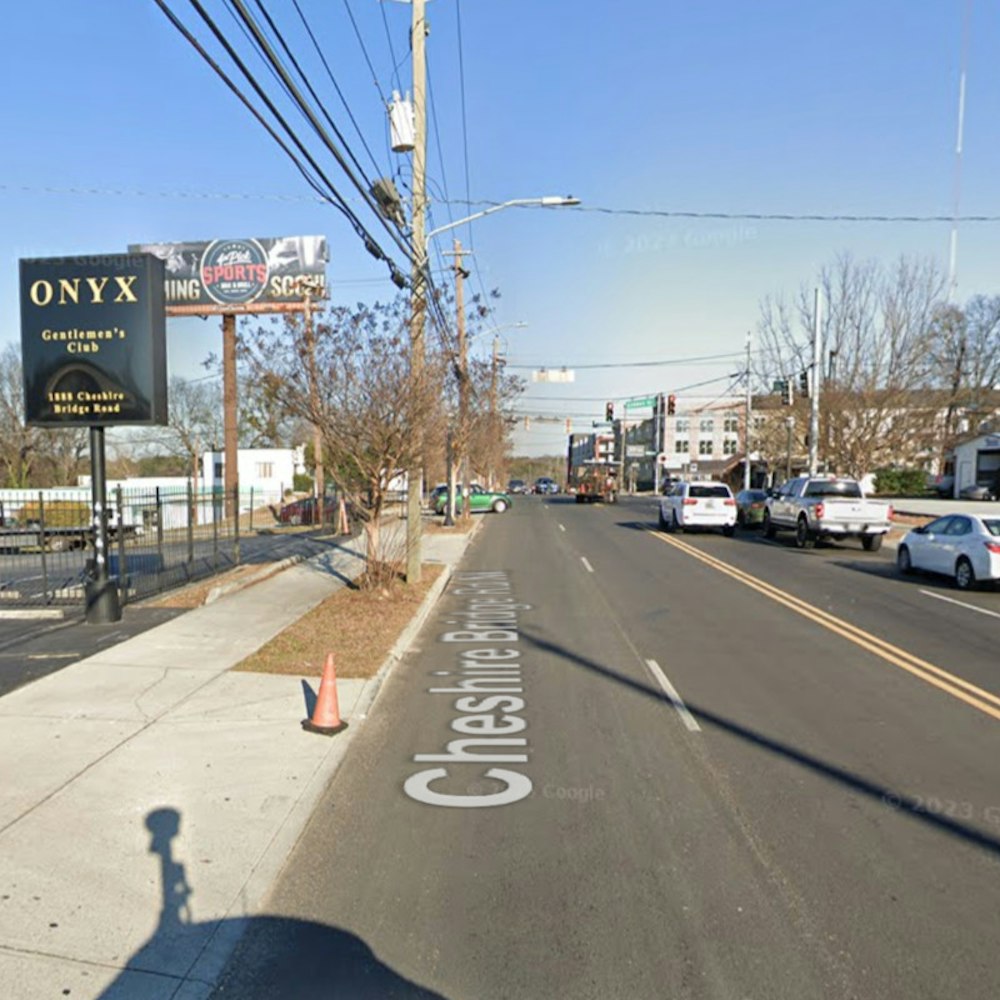
Oregon's lawmakers are mulling over a move that could carve out an exception to the state's longstanding land-use law – a piece of legislation renowned for shaping Oregon's identity as an eco-friendly stronghold. Legislators, spurred by public outcries over soaring home prices and the urgency of homelessness, are now considering the once-unthinkable: a shift in the revered urban growth boundary (UGB) law that for decades has served to curb urban sprawl and safeguard the environment.
The groundbreaking law, introduced in the 1970s, has made Oregon a trendsetter in land-use policy, but the state's current housing scenario might just nudge lawmakers to push for change. As housing affordability plummets and homelessness rises, even Democrats who have been staunch defenders of the UGB, find themselves facing tough choices. "I can’t overstate it," Portland State University urban planning professor Megan Horst noted in an interview with Fast Company, highlighting the law’s significant impact on preventing the type of development that often leads to endless stretches of strip malls and cookie-cutter housing developments elsewhere.
Proposed changes to the law center on a bill that would permit cities a one-time opportunity to extend their borders for housing, on the condition that 30% of newly built homes are designated as affordable housing. This move deviates from the current approach where cities must present a detailed 20-year projection to justify a UGB adjustment. Although this legislative amendment would grant cities more leeway, it still stipulates that they must demonstrate a tangible need for additional land to meet housing demands and prohibits expansion into valuable farmlands and forests.
The blueprint for this potential transformation in policy reflects a balance between growth and conservation, requiring cities to make their case for expansion while protecting high-value agricultural and forest lands from development. As revealed by Planetizen, the proposed bill insists that cities cannot simply sprawl into just any open space, they must still exclude rich farm or timber lands from their urban ambitions. This protective measure aims to maintain Oregon's environmental ethos even as it grapples with an urgent need for more housing.
If passed, these changes could mark a pivotal shift in the way Oregon balances the needs of its growing population with the preservation of its cherished natural landscape. Officials work to address the immediate crisis without compromising the principles that have long defined Oregon's approach to land management and urban development.









